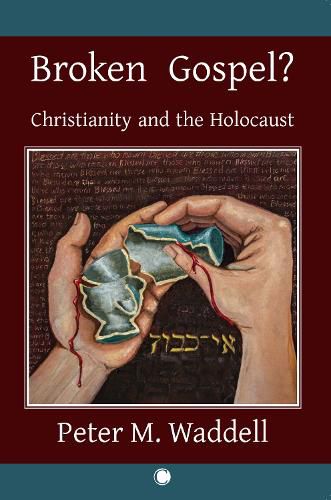The Holocaust lies, often unacknowledged, near the heart of our contemporary crisis of religious faith. The horrific fruit of two millennia of Christian antisemitism, the slaughter calls into sharp question the moral and intellectual credibility of the Churches and the Christian faith itself. Can Christianity ever recover? In Broken Gospel? Peter Waddell suggests that it can, but only by facing unflinchingly the history that paved the way for the Nazi genocide, and the Churches’ sins of omission and commission as it took place. Engaging with both Christian and Jewish scholarship, Waddell also approaches with sensitivity the theological issues that arise from the horror: questions of how the claimed holiness of the Church relates to its wickedness; of Christian-Jewish relations; of prayer and providence; of heaven and hell, and the faint possibility of forgiveness. Scholars, clergy and general readers alike will be challenged by this exercise in repentance and reconstruction, and inspired by the possibility it offers for Christian theology and practice to flourish once more.
Read More





